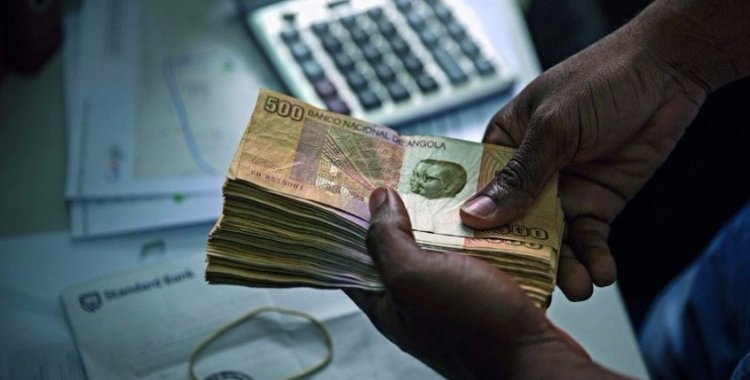"Progress in structural reforms within the foreign exchange market has the potential to sustain some stability or even a short-term appreciation of the kwanza; in the medium term, the currency's depreciation may be less pronounced," reads the analysis to public accounts, sent this Thursday to Lusa.
"This is consistent with our view that the kwanza is undervalued, however the adjustment of the nominal exchange rate towards equilibrium is affected by a variety of factors, including the concentrated export base," notes Fáusio Mussa, the chief economist of this African bank responsible for Angola and Mozambique.
The Angolan currency is officially at 661.1 kwanzas per dollar, having depreciated 37.1 percent since January and 34.6 percent compared to November last year, but Standard Bank predicts it will reach 650.2 kwanzas per dollar by the end of the year and 724.7 by the end of 2021.
"The combination of progress in structural reforms, debt relief that can generate savings of more than six billion dollars and continued IMF financing underpin our forecast," concludes the chief economist, who already this Thursday told Lusa that the bank has revised Angola's economic development forecast, now anticipating a recession by 2023 and "more pain" for taxpayers.
"The expectation is to exit the recession in 2022 and possible return in 2023 if there is no substantial investment in the oil sector because of the end of life of some of the wells," said Fáusio Mussa to Lusa.
"Gross Domestic Product contracted by 8.8 percent in the second quarter of 2020, which is more than our expectation of 5.7 percent, so we now anticipate a recession of 5.2 percent in 2020, and we think the economy will continue to contract in 2021," reads the document, which predicts that the oil sector will continue to decline.
"The oil sector continues to experience a decline in production and the recovery of the non-oil economy is likely to be insufficient to lift the economy," the report added.
Looking at the figures in the proposed State Budget for next year, the Standard Bank report noted that "oil and gas GDP will contract by 6.2 percent and the non-oil economy is expected to grow by 2.2 percent, which leaves total GDP growing by 0 percent in 2021, compared to a contraction of 2.1 percent forecast by the government for this year.
For Fáusio Mussa, who signs the Standard Bank's note on Angola, the cut in the deficit from 4 percent this year to 2.2 percent in 2021 implies "replacing oil revenues with tax increases outside the oil sector.
In this regard, Mussa concluded that "given the magnitude of the multiple shocks facing Angola, taxpayers will likely face more pain.







